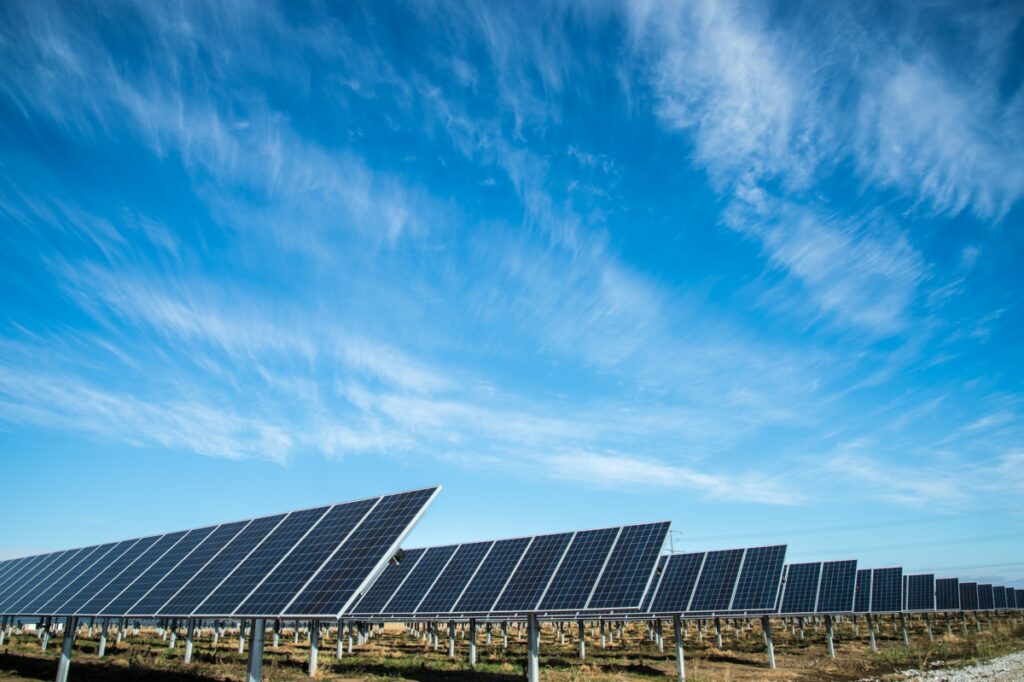- Before installing solar panels on a commercial building, it is important to consider any local regulations or restrictions that may apply.
- Assess the expenses associated with the installation and upkeep of solar panels.
- Make sure to consider the size and design of the system when choosing solar panels.
- Improving your solar panels’ efficiency is advisable to save money and reduce your carbon footprint.
If you own a commercial building and are considering installing solar panels, there are several things to consider before investing. Solar energy can significantly save electricity bills over time, but it is important to understand the various factors associated with installing and maintaining these systems. This will help you make an informed decision about whether this renewable energy source is right for you.
Local Regulations or Restrictions

When installing solar panels on your commercial building, it’s crucial to consider local regulations and restrictions beforehand. These regulations dictate how you can install and use solar panels, and it’s important to understand the rules and how they may impact your installation process.
Additionally, it’s worth mentioning that some local regulations may mandate a solar decommissioning surety bond. This bond ensures that your solar panels will be properly decommissioned at the end of their lifespan, protecting the environment and ensuring compliance with local regulations.
Ignoring these regulations may result in fines or even legal action, so it’s best to research and comply with all applicable regulations. Some areas may require permits or approvals before installation, and following these guidelines is essential to avoid unnecessary legal trouble.
Panel Considerations
Considering the various factors that affect solar panel installation is important. Here are some tips on what to consider:
Cost of Installation and Maintenance
When considering the installation of solar panels in commercial buildings, it is crucial to examine the installation and maintenance costs. This process involves accurately estimating the initial installation cost, including equipment, labor, and any necessary permits. Moreover, it is imperative to project the long-term costs of maintaining solar panels, such as cleaning and repairs.
By considering these expenses, business owners can ensure they have the necessary budget for the project and avoid any unforeseen costs. Conducting a thorough cost analysis before installing solar panels in a commercial building is wise to save businesses time and money in the long run.
System Size and Design
When installing solar panels in your commercial building, one crucial factor that should be considered is the system size and design. This involves evaluating the power needs of your building and designing a system that can cater to those needs. Properly considering system size and design is important as it ensures that your system is efficient and cost-effective.
An undersized system may not produce enough energy to power your building, while an oversized system may be more expensive than needed. Furthermore, a well-designed system will improve the functionality and longevity of your solar panel system. Therefore, seeking professional help to assess your system’s size and design properly is important before switching to solar power.
Solar Panel Efficiency
One important factor to consider for commercial building solar panel installation is the efficiency of the solar panels. This term refers to the ability of the panels to convert sunlight into electricity. Essentially, the more efficient the panels, the more electricity they will produce. This is especially important for commercial buildings, which typically require significant energy.
These buildings can save money on energy costs and reduce their carbon footprint by maximizing solar panel efficiency. When choosing solar panels for a commercial building, it is vital to consider their efficiency ratings and select panels that will provide the most electricity for the investment.
Electrical Requirements for Grid Connection

When planning to install solar panels in a commercial building, it’s crucial to properly consider the electrical requirements for connecting to the grid. This involves assessing the existing electrical infrastructure, including the electrical system’s capacity, the voltage and current requirements of the solar panels, and the safety measures necessary to ensure a smooth and seamless connection.
Failing to consider these electrical requirements adequately can lead to many problems, including electrical outages, damage to the solar panels, and even safety hazards for employees and customers. As such, it’s essential to consult with trusted professionals with expertise in electrical engineering and solar panel installation to ensure that all necessary precautions are taken, and the electrical requirements for grid connection are carefully evaluated and addressed.
Building Structure Shadows & Shading Analysis
To properly consider the installation of solar panels on a commercial building, one must analyze the building structure’s shadows and shading. This involves assessing the positioning and size of objects such as trees, nearby buildings, and other potential sources of obstruction that could interfere with the amount of sunlight reaching the solar panels.
The proper shading analysis is important to ensure that solar panels receive sufficient sunlight throughout the year and to maximize their efficiency and energy production. It is recommended to employ the services of a qualified expert to conduct this analysis and provide guidance on the optimal placement of solar panels on the building.
These are just some of the important considerations when installing solar panels on a commercial building. Business owners can make an informed decision by considering these factors and enhancing their investment in renewable energy for better outcomes.
